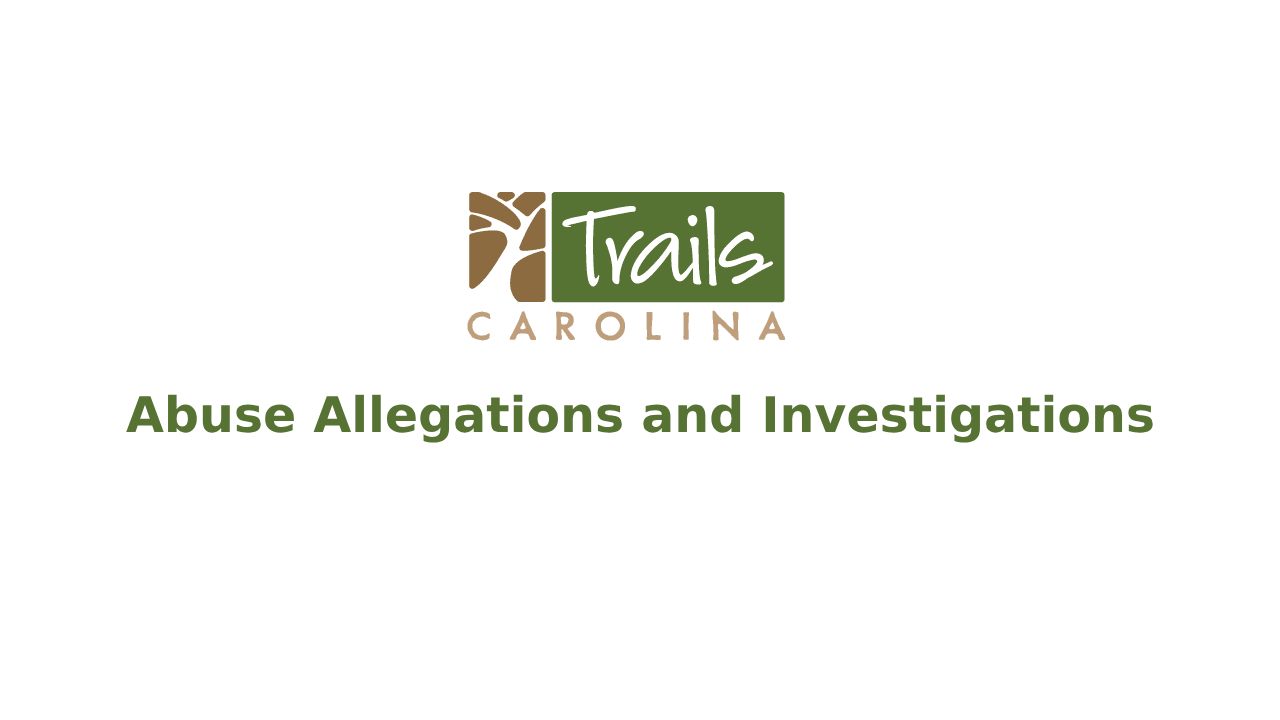Trails Carolina, a wilderness therapy program for struggling adolescents and young adults, has long been regarded as a place of hope and healing. Nestled in the picturesque landscapes of North Carolina, this program aims to provide therapeutic interventions in a natural setting.
However, in recent years, Trails Carolina abuse and mistreatment within the program have cast a shadow over its reputation. In this comprehensive article, we will delve into the allegations, investigations, and the broader context surrounding Trails Carolina.
Understanding Wilderness Therapy
Before we delve into the allegations against Trails Carolina, it’s essential to understand the concept of wilderness therapy. Wilderness therapy programs have gained popularity as an alternative treatment for troubled youth. These programs take participants into the wilderness, away from the distractions and temptations of everyday life, in an attempt to foster personal growth and therapeutic healing.
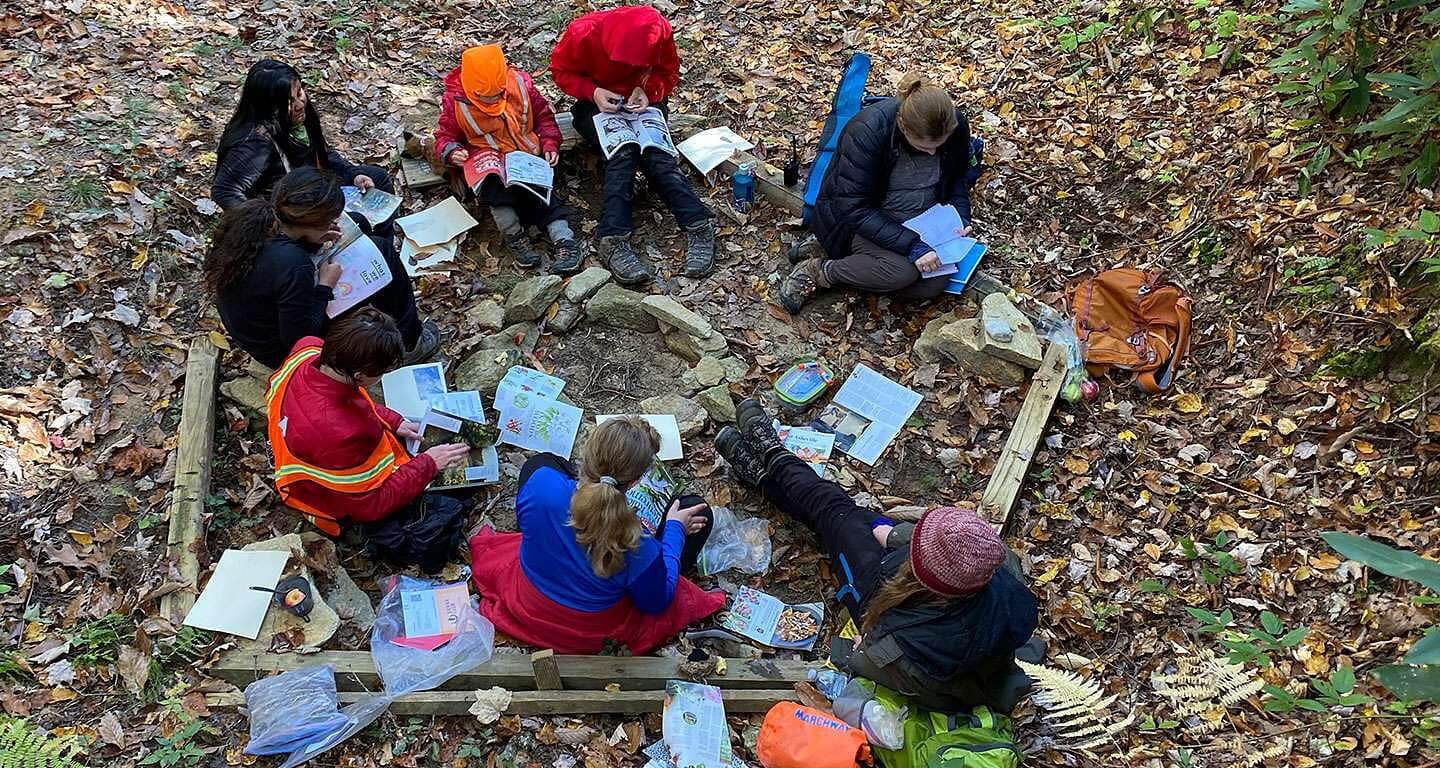
The philosophy behind wilderness therapy is that the challenges of living in the wild, combined with group therapy sessions, can help participants confront their issues, build resilience, and develop essential life skills. However, the efficacy of wilderness therapy programs has been a subject of debate, with some critics expressing concerns about their unregulated nature.
Trails Carolina Abuse Allegations
Over the years, Trails Carolina has come under scrutiny due to allegations of abuse and mistreatment of participants. These allegations include physical abuse, emotional abuse, neglect, and inadequate supervision. Some former participants and their families have shared disturbing accounts of their experiences, which have raised serious questions about the safety and ethics of the program.
- Physical Abuse: Several former participants have alleged physical abuse during their time at Trails Carolina. These allegations range from staff members using excessive physical force to restrain participants to instances of participants being injured during wilderness activities. Some participants claim to have suffered bruises, cuts, and even broken bones as a result of these incidents.
- Emotional Abuse: Emotional abuse allegations involve staff members using belittling, intimidating, or degrading language towards participants. Some have reported feeling humiliated and demoralized during their stay at Trails Carolina. Emotional abuse can have long-lasting psychological effects on individuals, making these allegations particularly concerning.
- Neglect: Neglect allegations revolve around claims of inadequate medical care and supervision. Participants have reported being denied medical attention when needed, leading to worsened physical and mental health conditions. In a wilderness environment, access to proper medical care is crucial, and any lapses can pose significant risks.
- Inadequate Supervision: Inadequate supervision allegations involve staff members failing to ensure the safety of participants during wilderness activities. This includes situations where participants were put in potentially dangerous situations without proper guidance and supervision, leading to accidents and injuries.
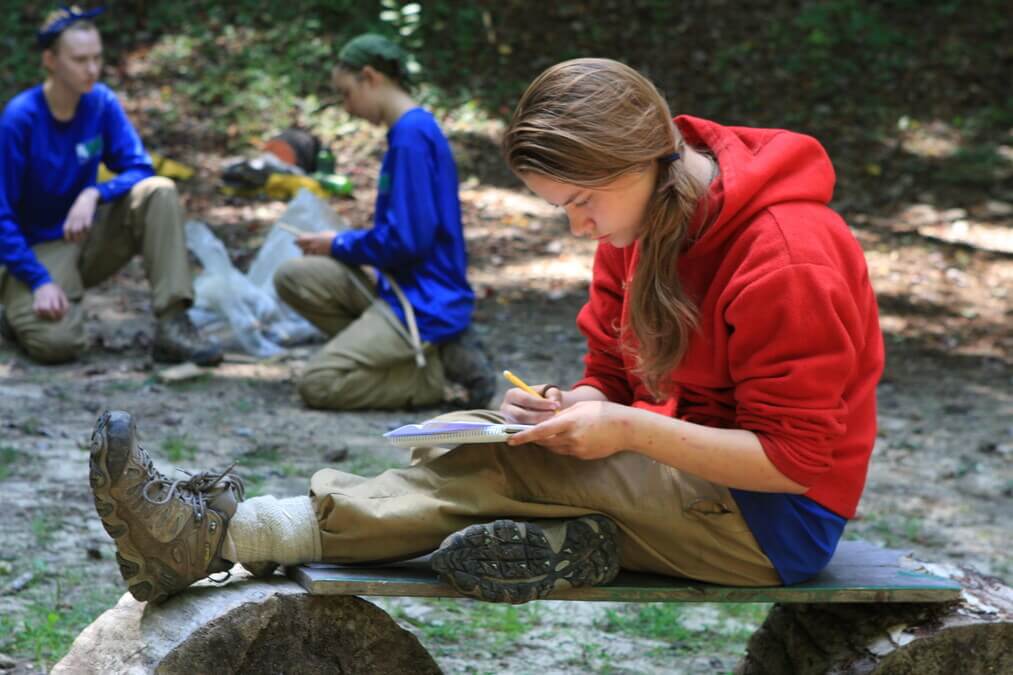
Investigations and Legal Actions
The allegations against Trails Carolina have not gone unnoticed. Various investigations and legal actions have been initiated to address the concerns and hold the program accountable for any wrongdoing. Here are some key developments in this regard:
- Department of Health and Human Services (DHHS) Investigations: The North Carolina DHHS conducted multiple investigations into Trails Carolina following allegations of abuse. These investigations aimed to assess the program’s compliance with state regulations and standards. While some violations were found, Trails Carolina has taken steps to address these concerns and improve its practices.
- Lawsuits: Several lawsuits have been filed against Trails Carolina by former participants and their families. These lawsuits seek damages for the alleged abuse and mistreatment endured by participants. The outcomes of these legal actions vary, with some cases still pending as of the writing of this article.
- Media Coverage and Advocacy: The allegations against Trails Carolina have gained significant media attention. News outlets and advocacy organizations have reported on these allegations, shedding light on the concerns and advocating for increased oversight of wilderness therapy programs.
Program Response and Changes
In response to the allegations and investigations, Trails Carolina has taken several steps to address the concerns and improve the safety and effectiveness of its program. These measures include:
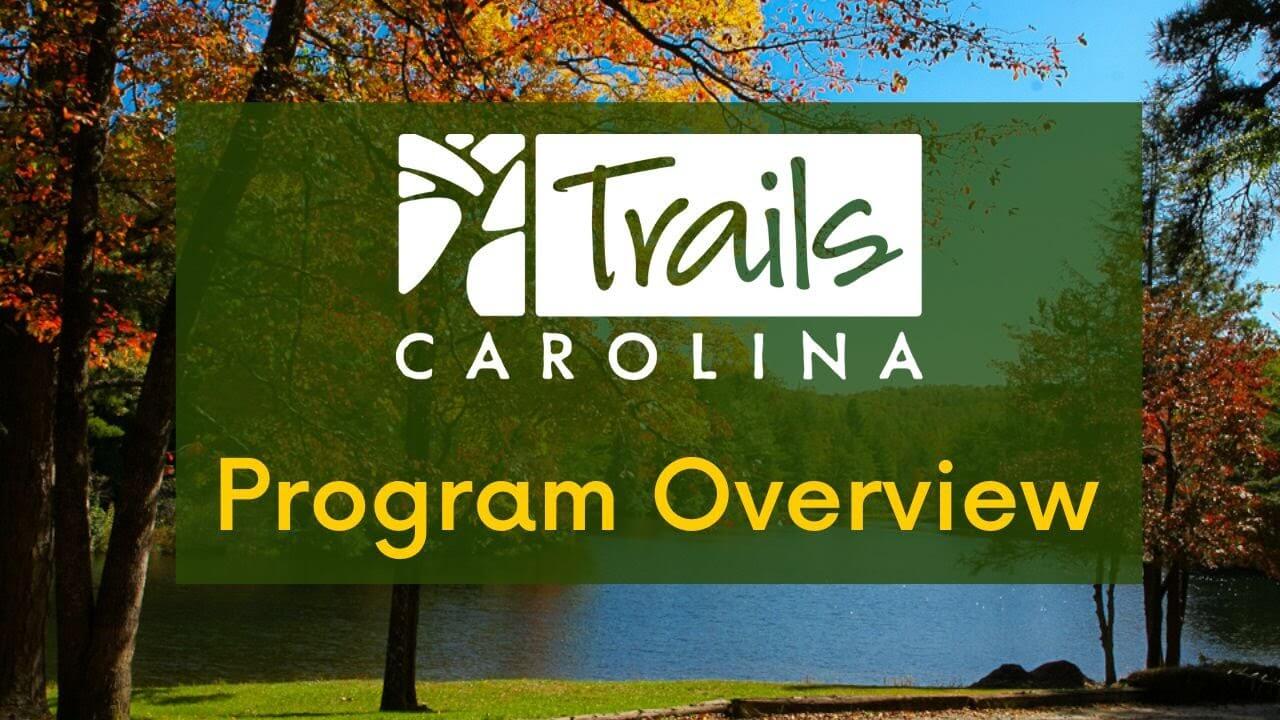
- Revised Policies: Trails Carolina has revised its policies and procedures to align with state regulations and industry standards. This includes changes in staff training, supervision, and reporting of incidents.
- Increased Transparency: The program has committed to being more transparent about its operations and practices. This includes providing families with more information about the program and its therapeutic approaches.
- Enhanced Safety Measures: Trails Carolina has implemented enhanced safety measures to minimize the risk of abuse or neglect. This includes improved medical care protocols and better supervision during wilderness activities.
- Independent Oversight: In an effort to rebuild trust, Trails Carolina has invited independent organizations to review its operations and provide recommendations for improvement. This external oversight is seen as a positive step toward accountability.
The Broader Context
While the allegations against Trails Carolina are concerning, it’s essential to consider the broader context of the wilderness therapy industry. Trails Carolina is not the only program that has faced allegations of abuse and mistreatment. The lack of uniform regulations and oversight for wilderness therapy programs across the United States has allowed for variations in practices and standards.
Many advocates argue that the wilderness therapy industry needs increased regulation to ensure the safety and well-being of participants. The lack of federal oversight leaves the responsibility primarily to individual states, leading to inconsistencies in regulations and enforcement.
Furthermore, the effectiveness of wilderness therapy as a treatment modality remains a topic of debate among mental health professionals. While some individuals and families report positive outcomes, others question whether the potential benefits outweigh the risks and costs associated with these programs.
FAQs:
What is Trails Carolina, and what is its primary purpose?
Trails Carolina is a wilderness therapy program located in North Carolina that aims to provide therapeutic interventions for struggling adolescents and young adults. Its primary purpose is to offer participants an opportunity for personal growth and healing through a wilderness-based therapeutic approach.
What are the allegations of abuse at Trails Carolina?
The allegations include physical abuse, emotional abuse, neglect, and inadequate supervision. Former participants and their families have reported incidents of staff using excessive physical force, belittling language, denial of medical care when needed, and situations where participants were placed in potentially dangerous situations without proper supervision.
Have these allegations been investigated, and what were the findings?
Yes, the allegations at Trails Carolina have been investigated, primarily by the North Carolina Department of Health and Human Services (DHHS). Some violations were found during these investigations, leading to changes in the program’s policies and procedures. However, the outcomes vary, with some investigations still ongoing.
Have there been any legal actions taken against Trails Carolina?
Yes, several lawsuits have been filed against Trails Carolina by former participants and their families seeking damages for alleged abuse and mistreatment. The outcomes of these legal actions vary, with some cases still pending.
What steps has Trails Carolina taken in response to the allegations and investigations?
Trails Carolina has taken several measures to address the concerns and improve its program. These measures include revising policies, increasing transparency, enhancing safety measures, and inviting independent oversight organizations to review its operations.
Is wilderness therapy a widely accepted form of treatment for troubled youth?
Wilderness therapy remains a subject of debate among mental health professionals. While some individuals and families report positive outcomes, others question the overall effectiveness and safety of such programs. The lack of uniform regulations and oversight in the industry contributes to these debates.
What should families consider when evaluating wilderness therapy programs?
Families should conduct thorough research, seek independent reviews, and carefully evaluate the program’s track record before enrolling a loved one in a wilderness therapy program. It’s essential to consider the program’s safety measures, therapeutic approaches, and adherence to state regulations.
Why is there a call for increased regulation in the wilderness therapy industry?
Advocates argue that the wilderness therapy industry needs increased regulation to ensure the safety and well-being of participants. The lack of uniform regulations and oversight across states has led to variations in practices and standards, raising concerns about the potential for abuse and mistreatment.
What can individuals and organizations do to advocate for increased oversight in the wilderness therapy industry?
Advocacy efforts involve raising awareness about the issues within the industry, supporting legislation that calls for increased regulation, and encouraging transparency and accountability among wilderness therapy programs. Engaging with lawmakers and relevant organizations can also contribute to advocacy efforts.
Are there alternative therapeutic options for troubled youth aside from wilderness therapy?
Yes, there are various therapeutic options available for troubled youth, including traditional residential treatment programs, outpatient therapy, and therapeutic boarding schools. The choice of the most suitable treatment option should be based on the individual’s specific needs and circumstances.
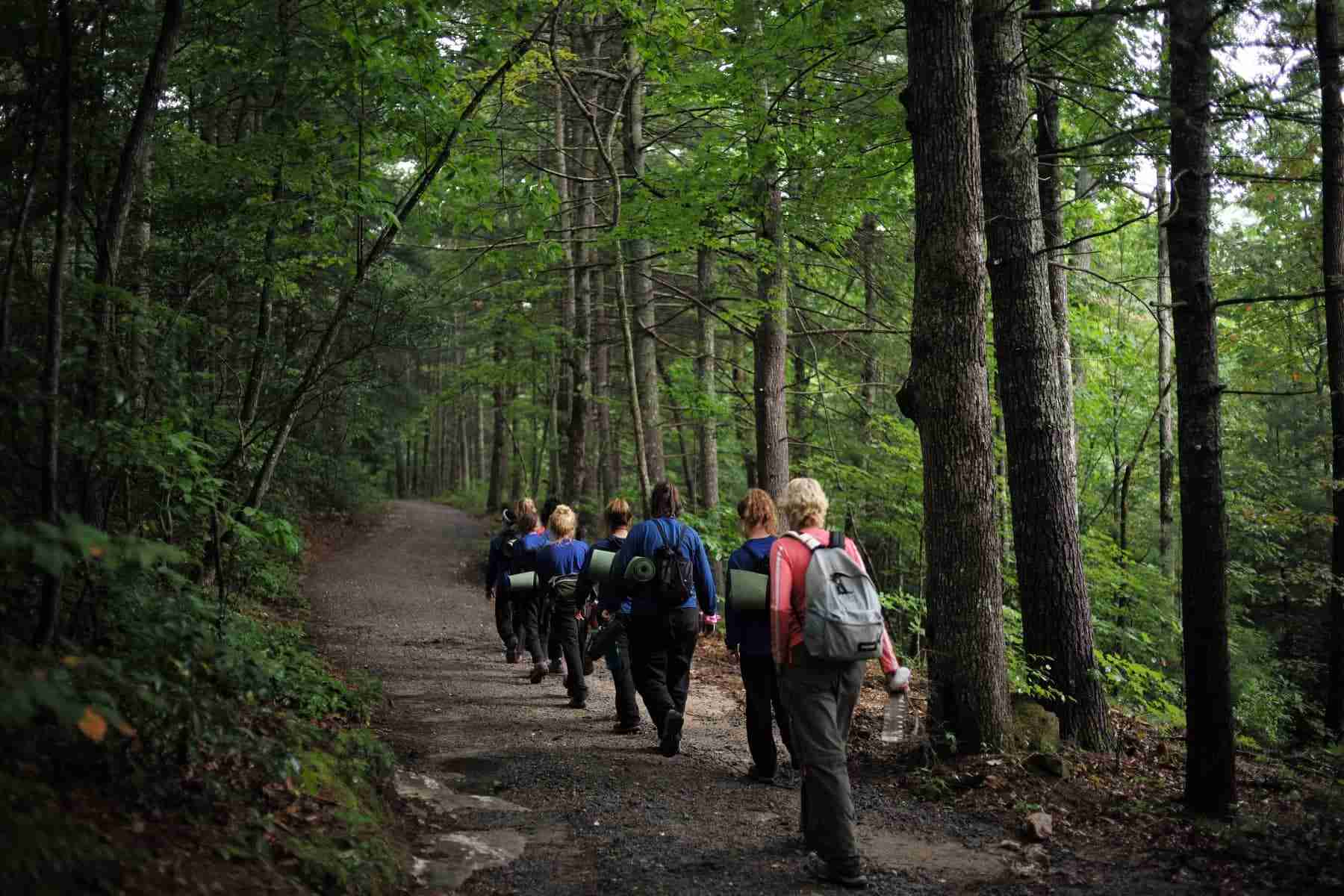
Conclusion
Trails Carolina abuse and mistreatment at Trails Carolina serve as a stark reminder of the complexities and challenges within the wilderness therapy industry. While the program has taken steps to address the concerns and improve its practices, questions about the industry’s overall regulation and efficacy remain.
Check: Trails Carolina Employment Opportunities
Families considering wilderness therapy programs for their loved ones should conduct thorough research, seek independent reviews, and carefully evaluate the program’s track record before making a decision. Additionally, ongoing advocacy efforts and increased oversight are essential to ensure the safety and well-being of participants in wilderness therapy programs across the United States.
